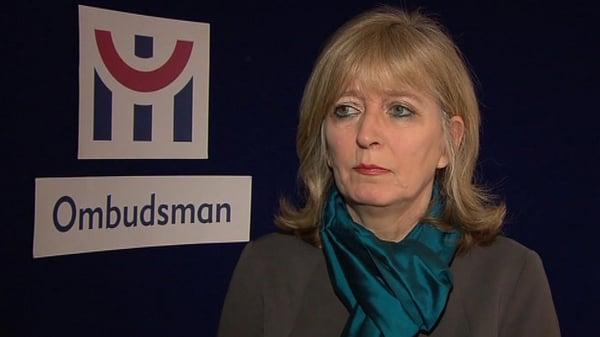The Chief Executive of the Immigrant Council of Ireland has expressed concern for detected victims of sex-trafficking being placed in direct provision centres.
Denise Charlton said there is a whole range of reasons and rationales why the women and girls in question should not be placed in direct provision.
Speaking on RTÉ's News at One, she said alternative and secure accommodation arrangements could be made available.
Ms Charlton said the Immigrant Council of Ireland is working with Focus Ireland, Nasc Ireland (the Irish Immigrant Support Service), and the Sonas Housing Association in identifying alternative arrangements.
She urged Minister for Justice Frances Fitzgerald to take victims of trafficking away from direct provision.
"We have a very simple solution; we've already been working with the housing associations and organisations that are providing emergency accommodation. It is just that we need to transfer the payment from one to another.
"It is really easily done, the numbers are not huge and it would make such a difference in the lives of the women and girls that have basically been so exploited in Ireland."
The minister said changes to the direct provision for asylum seekers can be achieved in the short to medium-term, which will help families in the system.
Ms Fitzgerald said families might be given more self-determination in some areas, such as food to help their parenting and to allow them a greater sense of control over their family life.
She was speaking to reporters at a citizenship ceremony at the National Convention Centre in Dublin.
Ms Fitzgerald also ruled out any amnesty for asylum seekers.
A group reviewing the direct provision system held its first meeting last week.
It is due to report to the Government within three months.
Last week, Minister for Equality, New Communities and Culture Aodhán Ó Ríordáin said the system was "inhumane".
About 4,500 people live in 30 direct provision centres around the country, with children accounting for about a third of these.

